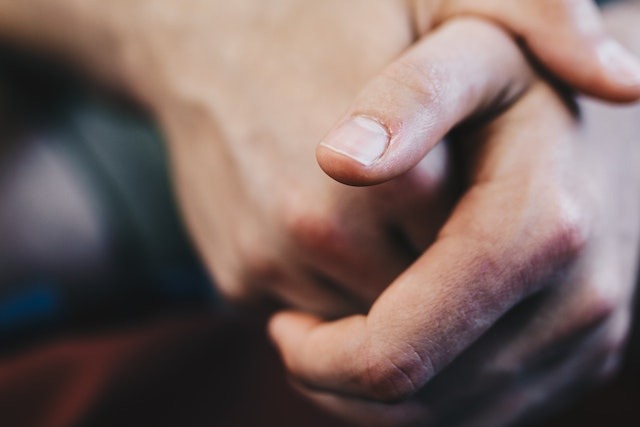Exploring the Essence of Touch

Understanding the significance of touch.
- Infants nurtured through touch exhibit accelerated growth and enhanced cognitive and motor development.
- Children raised with ample physical interaction tend to display reduced aggression and violence.
- Cuddling partners experience lower stress levels, improved immune function, and reduced blood pressure.
- Elderly individuals receiving comforting touch navigate the aging process with increased dignity and resilience.
From birth to life’s twilight, touch remains a central facet of the human experience, influencing our physical, mental, and emotional well-being, profoundly shaping our life journey.
A recent conversation with esteemed neuroscientist David Linden, author of “Touch: The Science of Connection,” reveals the deep impact of touch on our emotional responses and overall quality of life.
Let’s begin by discussing interpersonal touch. What makes a simple touch so powerful?
DL: The primary function of interpersonal touch is to foster trust and cooperation, reinforcing bonds and conveying, “I stand with you; you can rely on me.” Rooted in maternal touch during infancy, this social glue persists throughout life, forging lasting romantic partnerships, uniting families, and building strong teams.
Can you elaborate on how touch fosters cohesion?
DL: Certainly. Consider a study by Berkeley researchers, who analyzed every NBA game of the first season half. They tallied celebratory touches – fist bumps, chest bumps, high fives, and pats on the back – for each team. Then they asked: “Did this predict outcomes in the second half?” The results were fascinating. Teams with more celebratory touch in the first half won more games in the second half and played less selfishly. Touch fosters teamwork, even when controlling for talent.
How did they account for other factors, like natural talent?
DL: They applied statistical corrections, yet the impact of touch remained significant. Teams with more touch still performed better and played more cooperatively in the second half.
Does touch influence how others perceive us, such as waiters seeking bigger tips or colleagues’ evaluations?
DL: Indeed, touch’s impact is well-documented. Doctors who appropriately touch their patients – not just during exams, but with friendly gestures like a hand on the shoulder – yield better medical outcomes, reduced stress, and higher patient ratings.
Cultural differences must play a role in touch’s effects, right?
DL: Absolutely. Cultural norms influence touch. For instance, San Juan, Puerto Rico sees about 200 touches per hour, while London registers zero. These norms aren’t just biological; they’re culturally shaped.
How does touch in childhood affect personality development?
DL: Social barriers to appropriate touch between parents, children, or co-workers hinder trust and cooperation. Early touch is crucial. Neglected newborns face emotional, cognitive, and physical challenges, with even 30 minutes of daily touch intervention rescuing these issues.
In romantic relationships, how does touch strengthen emotional bonds?
DL: Affectionate touch, like stroking an arm or holding hands, instinctively builds trust and cooperation, enhancing romantic bonds without requiring sexual contact.
What happens in long-term relationships where touch becomes less frequent?
DL: Consistent affectionate touch correlates with closer relationships and higher satisfaction. It’s like tending a garden – proactive maintenance keeps relationships healthy.
What about those without partners? How does a lack of touch impact them?
DL: Many elderly individuals lack touch due to circumstances, but studies show that even impersonal touch, like a massage or petting a dog, improves mood, cognitive function, reduces stress, and enhances the quality of life.
With technology replacing face-to-face contact, what issues arise?
DL: Technology lacks the depth of human touch, missing nonverbal cues like facial expressions and body language. Sending an emoji doesn’t compare to consoling someone with a touch or hug.
As technology advances, will this problem worsen?
DL: There’s no substitute for touch. Its ability to create bonds and convey trust is ingrained in our evolution. The power of touch is immeasurable, benefiting both ourselves and others.

















